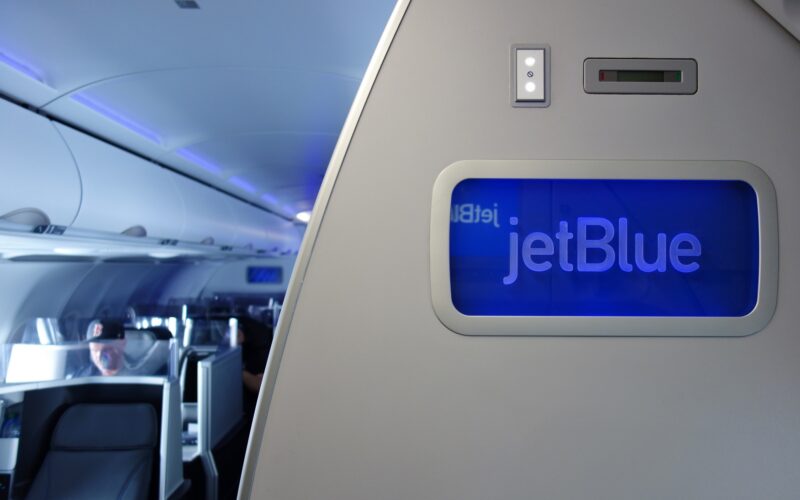JetBlue and Spirit Airlines Dismiss Lawsuit Challenging Merger as Baseless

In the ongoing legal battle surrounding the merger between JetBlue and Spirit Airlines, both carriers have vehemently refuted claims made by 25 plaintiffs in a recent lawsuit. According to JetBlue and Spirit Airlines, these plaintiffs are merely seeking monetary gain through the legal process rather than presenting any substantial factual basis for their case.
The legal defense, filed with the United States District Court of Massachusetts, underscores the airlines’ assertion that the lawsuit lacks constitutional standing. Furthermore, the airlines emphasize that one of the plaintiffs has passed away since the initial filing in November 2022, further undermining the lawsuit’s credibility. Reuters initially reported on JetBlue and Spirit Airlines’ counterarguments.
The airlines’ legal representatives contend that the plaintiffs have failed to demonstrate a tangible, specific, and imminent injury-in-fact. Notably, the plaintiffs seek an injunction against a merger event that has yet to occur, making it difficult to establish any actual harm suffered. JetBlue and Spirit Airlines challenge the notion that the merger would inflict any discernible damage, citing the vagueness of the plaintiffs’ concerns, which largely center around their roles as travelers and travel agents.
The airlines put forward the fact that none of the 25 plaintiffs had concrete plans to fly with Spirit Airlines, including the now-deceased plaintiff. Contradicting the plaintiffs’ claims, the airlines present undisputed evidence indicating that the majority of the plaintiffs had not flown with Spirit Airlines in the four years preceding the lawsuit’s filing in November 2022.
The legal representatives for JetBlue and Spirit Airlines also contend that the plaintiffs’ argument relies heavily on speculative harm, particularly in regard to their potential future travel with Spirit Airlines. This, they assert, falls short of establishing Article III standing. The airlines’ lawyers point out that the plaintiffs have not selected specific Spirit routes, travel dates, or demonstrated a clear inclination toward flying with Spirit Airlines.
The airlines’ legal team further highlights that the plaintiffs have historically pursued monetary compensation rather than attempting to halt mergers in the airline industry. They cite the plaintiffs’ consistent pattern of accepting monetary settlements over enjoining mergers successfully.
While some plaintiffs claim to be travel agents, the airlines assert that the lack of financial documentation related to their businesses hampers their ability to project the potential impact of the merger on their enterprises.
In conclusion, JetBlue and Spirit Airlines maintain that the plaintiffs’ quest for injunctive relief is unsubstantiated and inappropriate. The airlines’ legal representatives advocate for the granting of a summary judgment in favor of the defendants.
The JetBlue-Spirit Airlines merger was initially agreed upon in July 2022, with Spirit Airlines’ shareholders approving it later that same month. However, the merger faced opposition from the US Department of Justice (DOJ), leading to a legal dispute that culminated in a court hearing in October 2023.
